FDI has been one of the important driving forces promoting the industrialization and modernization process in Vietnam over the past three decades, since the country implemented the Doi Moi policy in 1986.
Speaking at the seminar on how foreign direct investment contributes to industrialization in Vietnam, held on the morning of August 7, Mr. Stefan Samse, interim representative of the Konrad-Adenauer-Stiftung Vietnam, said that FDI has long been a pillar in Vietnam's economic transformation process, providing essential capital, opening up export markets, transferring technology, promoting institutional reform, etc.
According to research results of the Institute for Strategy and Economic and Financial Policy (NIEF) under the Ministry of Finance , on average, the proportion of FDI in GDP has continuously increased, from 18.22% (2011-2015 period) to 21.06% (2016-2020 period) and 22.25% (2021-2023 period). The growth rate of FDI value added has always been higher than the national average. The export proportion of this sector has always remained at a very high level, about 70-79% of total annual export turnover, helping Vietnam upgrade its export commodity structure, shifting from a country mainly exporting agricultural products and textiles to a center for the production and export of electronic and high-tech products.
However, the limitations of FDI on the industrialization process in Vietnam in recent times have also been exposed. FDI projects still focus on processing and assembly activities, low added value; technology transfer, weak linkages with domestic enterprises. The rate of Vietnamese enterprises connected to the global value chain has decreased sharply from 35% in 2019 to 18% in 2023.
In addition, another worrying issue is that, instead of promoting exports, the FDI sector is overwhelming domestic enterprises' exports in the long term.
According to Dr. Le Thi Thuy Van, Deputy Director of NIEF, in the context of Vietnam setting an economic growth target of 8.3 - 8.5% in 2025, aiming for double-digit growth in the following years, FDI is expected to continue to play an important role and become a new driving force for Vietnam to achieve its growth target.
Mr. Stefan Samse assessed that despite global instability, FDI capital flows into Vietnam are still growing steadily. The results of a 2023 survey in Germany showed that 91% of German enterprises plan to invest in Vietnam. Vietnam is also an ideal investment destination for businesses wishing to expand their business in ASEAN.
To realize Vietnam's ambitious industrialization goals, Dr. Tran Toan Thang believes that there needs to be a fundamental change in policy thinking, shifting from attracting FDI at all costs to a proactive approach, leading and directing FDI flows to effectively serve national goals.
Recommending specific solutions, NIEF proposed a comprehensive reform of investment incentive policies towards targets, based on efficiency and with binding conditions, ending widespread incentives; building a national coordination mechanism to clearly define the roles between the central and local levels, in order to end the “race to the bottom” in incentives among provinces, ensuring FDI attraction with a unified plan and strategy.
At the same time, strengthen the capacity of domestic enterprises and build a substantial supporting industry, creating a breakthrough in human resource development, especially high-quality human resources by encouraging large technology corporations to deeply participate in the process of building training programs, sponsoring laboratories and receiving student interns.
Source: https://baodautu.vn/dua-dong-von-fdi-tro-thanh-dong-luc-thuc-day-cong-nghiep-hoa-d352684.html



![[Photo] Parade blocks pass through Hang Khay-Trang Tien during the preliminary rehearsal](https://vphoto.vietnam.vn/thumb/1200x675/vietnam/resource/IMAGE/2025/8/27/456962fff72d40269327ac1d01426969)

![[Photo] Images of the State-level preliminary rehearsal of the military parade at Ba Dinh Square](https://vphoto.vietnam.vn/thumb/1200x675/vietnam/resource/IMAGE/2025/8/27/807e4479c81f408ca16b916ba381b667)
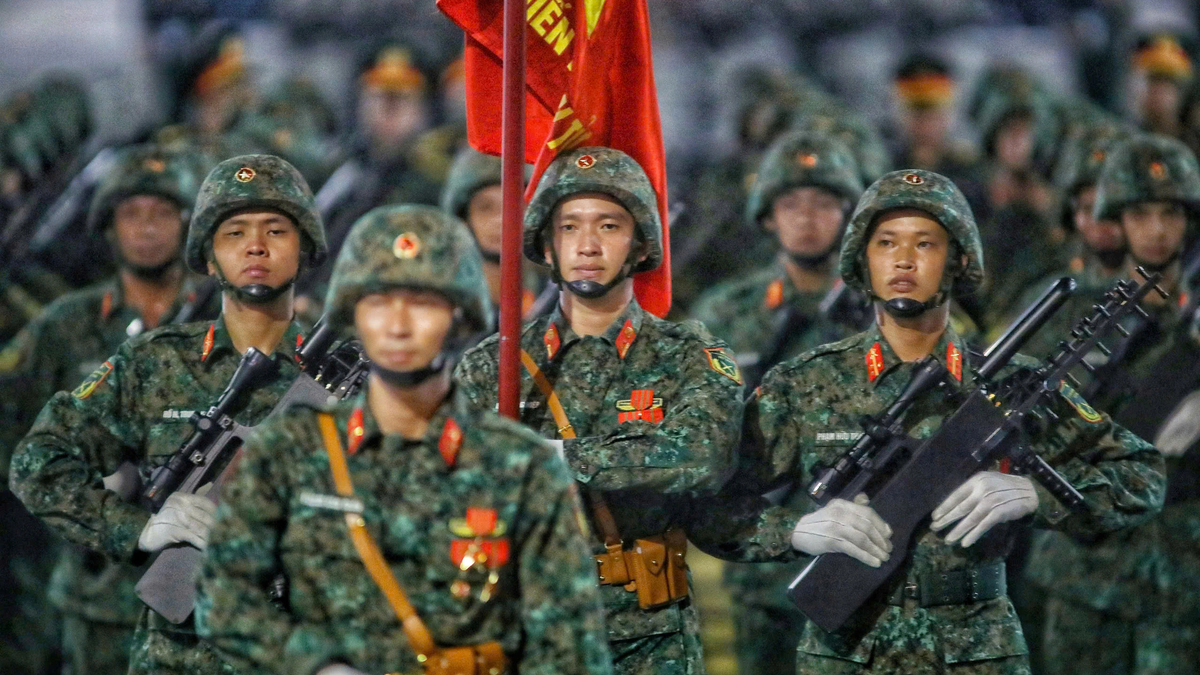
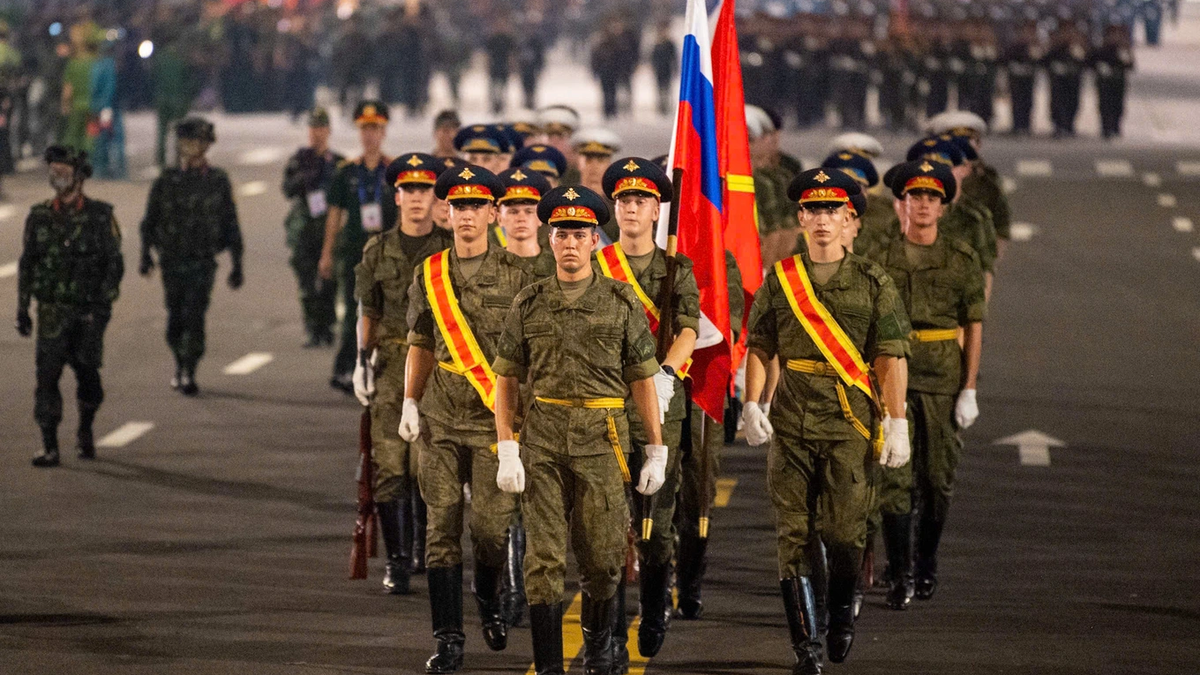
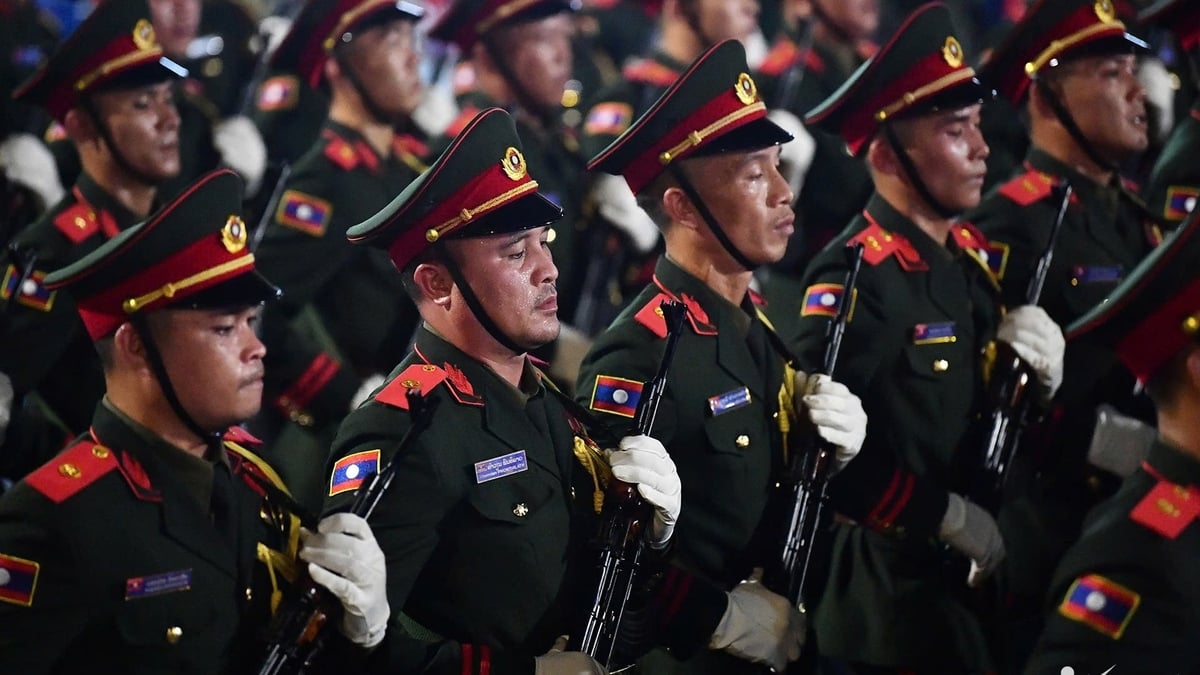
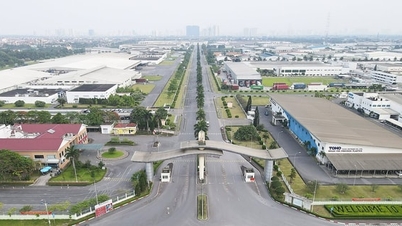

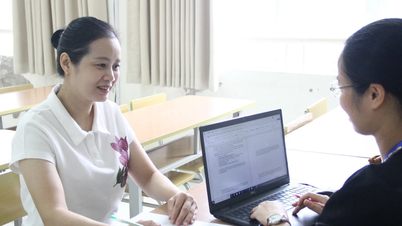



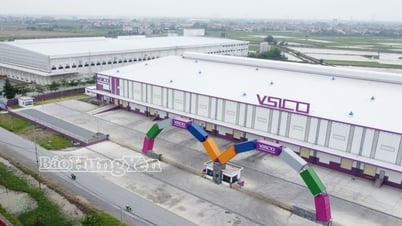

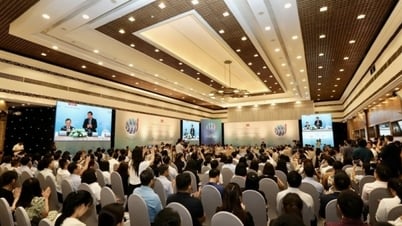




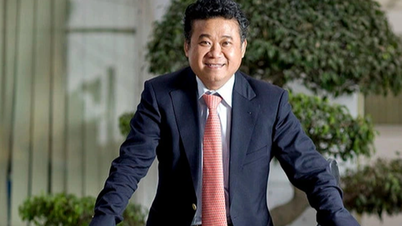

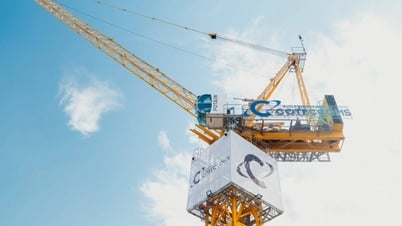
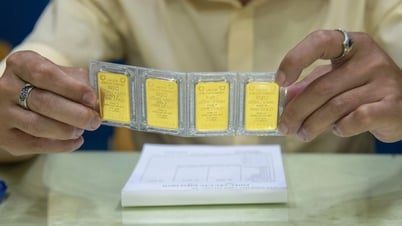







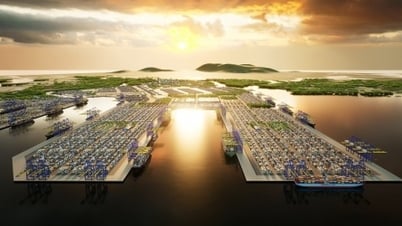
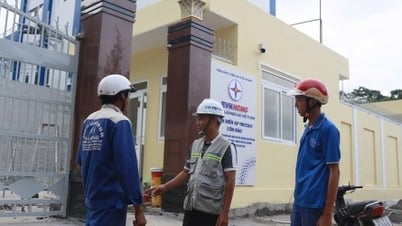

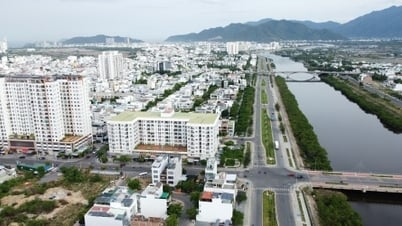
























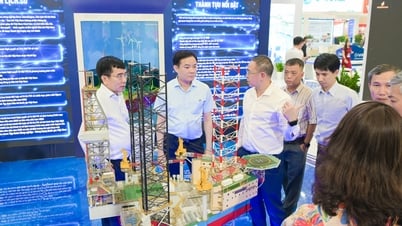
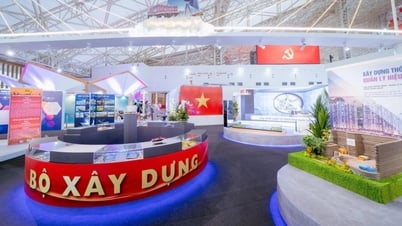



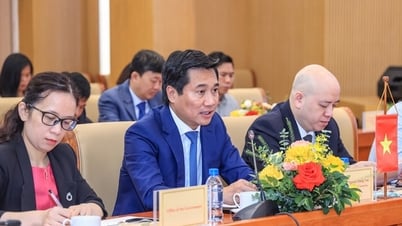

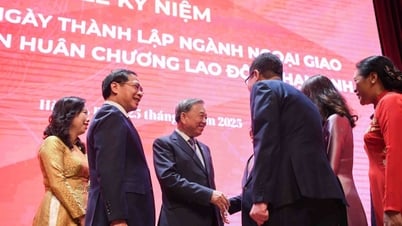

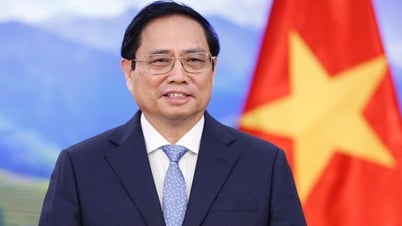




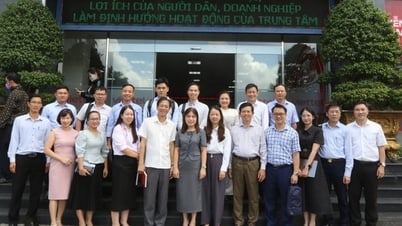



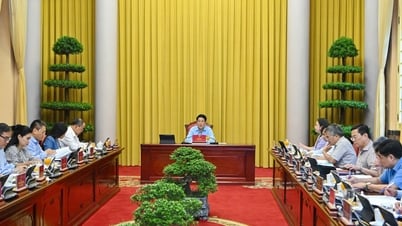

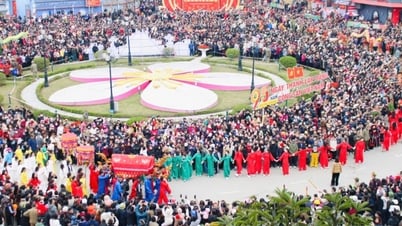





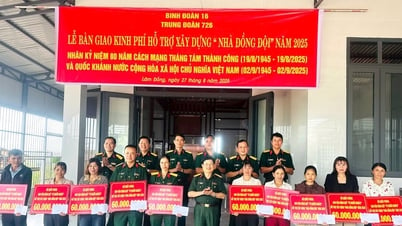















Comment (0)